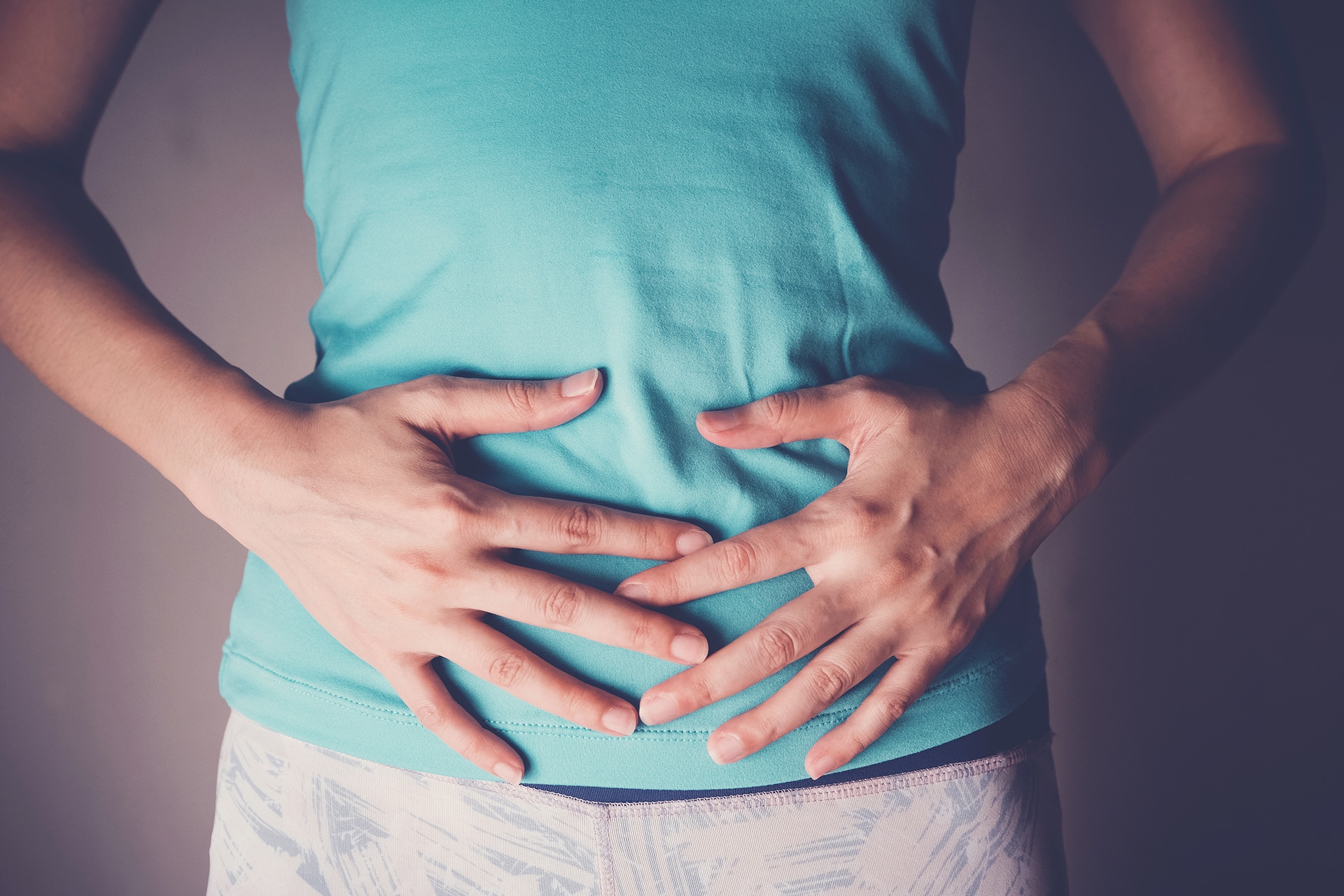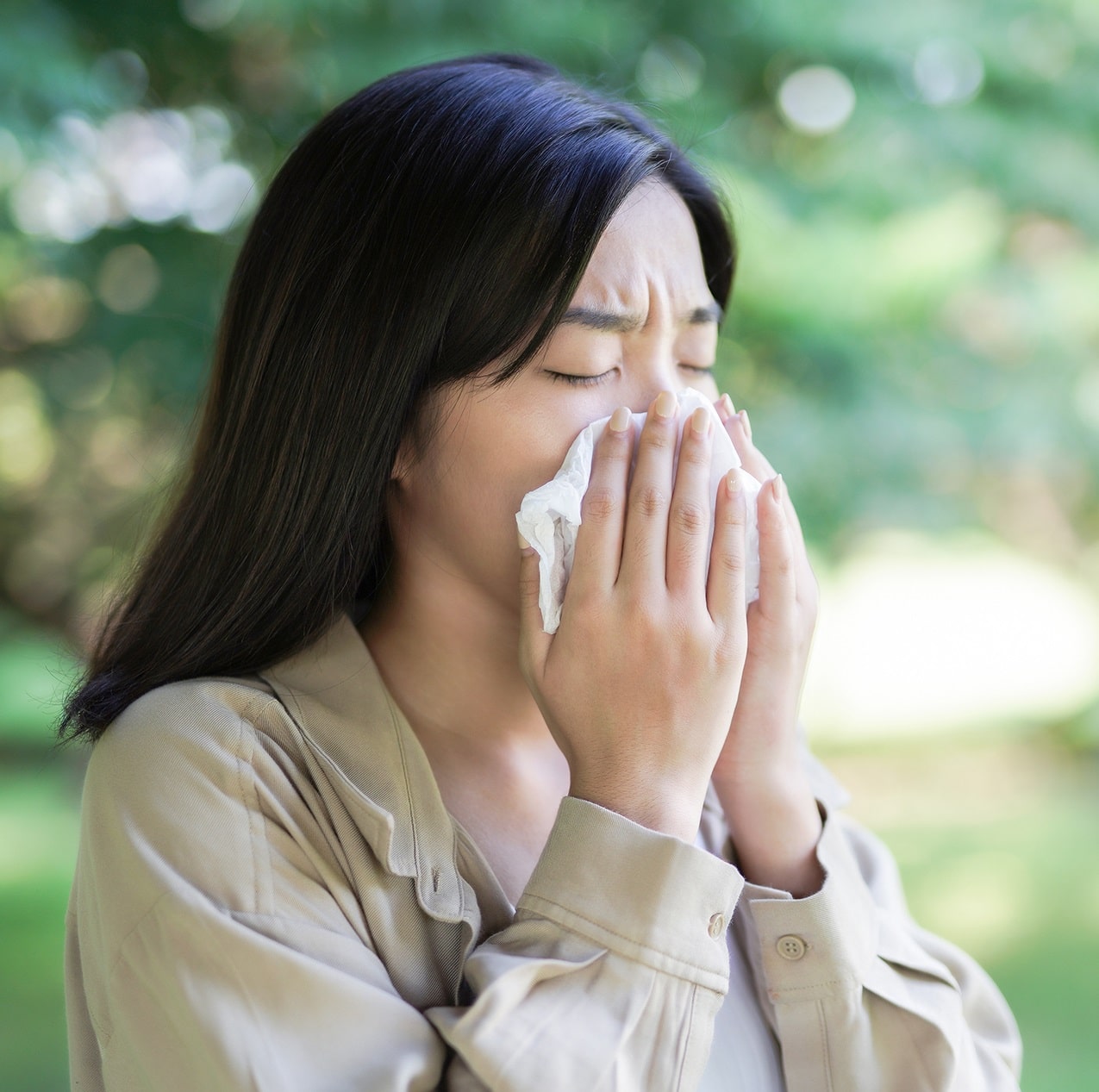Migraines and Headaches
Holistic Treatment for Migraine Relief
Most people will experience a headache or migraine during their lifetime. Headaches, or pain in the head and facial areas, can be categorized as migraines, cluster headaches, or tension headaches. The pain from a headache can be dull, constant, throbbing, or sharp.
More than 150 types of headaches exist, categorized as primary or secondary. Primary headaches have no underlying medical condition, and examples include tension headaches and migraines. Conversely, secondary headaches are a symptom of some other root cause, such as a head injury, caffeine withdrawal, or medication overuse. Most headache pain subsides within a few hours; however, sometimes, it can last for days.
Migraines are a type of headache that causes throbbing pain that varies in intensity. They can last anywhere from a few hours to a few days. The most common symptoms of a migraine are nausea and sensitivity to light. This type of pain can lead to foggy thinking and dizziness and can be completely debilitating.

Common Causes of Migraines
From a cellular perspective, a migraine results from a blockage of blood flow to the brain. Some theories of why this occurs include:
- Changes in brain chemical serotonin
- Vascular constriction in your brain
- Excessive blood flow to the brain
- A neurological disorder
- Nervous System tension
- Disruption in neuronal energies
- Genetic mutations
By knowing our triggers, we can decrease the occurrence of migraines. Some common causes of migraines and headaches include:
Caffeine Withdrawal—If you usually consume several cups of coffee, tea, or caffeinated sodas and abruptly stop, a migraine can ensue. Caffeine causes blood vessels to constrict, but when you withdraw from caffeine, your blood vessels widen and bulge with each heartbeat. This blood vessel dilation promotes the pounding pain of a migraine headache. It is advisable to reduce your caffeine consumption slowly each day. You can also find caffeine in chocolate, kola nuts, and yerba mate.

Diet
Did you know what or how often you eat can increase your risk of headaches? Hunger caused by skipping a meal or rigorous dieting can result in a headache. Consuming sugary foods causes headaches, tension, and stress when your blood sugar levels rise and drop suddenly. Here are some foods that can trigger a migraine:
- Alcohol—including scotch, whiskey, champagne, red wine, and beer
- Cheese—aged cheese like blue cheese, cheddar, feta, parmesan, and Swiss cheese
- Nuts—peanuts, almonds, seeds, and peanut butter
- Fermented foods—pickles, sauerkraut, sourdough bread, and yogurt
In addition, foods that contain nitrates, monosodium glutamate, and yellow food dye can trigger a migraine. Keeping a headache/food journal can help determine which foods trigger your migraines.

Environmental Issues
For some individuals, environmental triggers can increase the risk of headaches and prevent migraine sufferers from enjoying the outdoors. Some common environmental triggers include:
- Barometric pressure changes and the weather
- Intense odors
- Flickering or bright lights
- Smoke
- Extreme cold or hot temperatures
- Sudden changes in the temperature
- High winds
- Changes in altitude

Hormone Fluctuations
Hormonal changes, especially estrogen fluctuations, can cause migraines. Researchers believe that this may be why women experience more migraines than men. Younger women often experience migraines when their hormone levels change during their menstrual cycle. Furthermore, some women navigating perimenopause begin experiencing migraines, even if they have never had them before. Fortunately, once through menopause, women generally notice a lessening or ending to their hormonally induced headaches.

Stress
Stress affects approximately 44 percent of men and women across America. Stress affects every aspect of your health. Muscles in the neck and shoulders become tight, leading to a tension headache. Stress will quickly trigger a migraine as well. It is advisable to counteract the effects of stress by practicing stress relief techniques like meditation, yoga, prayer, journaling, deep breathing exercises, and guided imagery. Stress techniques like progressive muscle relaxation soothe tense muscles and reduce tension headaches.

Lack of Sleep
The body optimally needs between seven and nine hours of sleep each night; otherwise, symptoms, including migraines and tension headaches, increase. Practice good sleep hygiene, such as going to bed at the same time each night, turning electronic devices off two hours before bedtime, and using room-darkening curtains or blinds to help you sleep and stay asleep.

Get Relief from Migraines
Taking a comprehensive approach to get relief from migraines is essential, including testing and evaluating for any vitamin and mineral deficiencies and assessing other triggers. Creating a multi-step approach will allow one to become aware of their cellular causes and triggers to decrease the severity and occurrence of migraines.
Some common tips that can help with migraines.
- Hydration – aim to drink half your body weight in ounces
- Limit certain foods like wheat, dairy, added sugar, processed meats, aspartame, and MSG
- Aim to get at least 7 to 8 hours of sleep
- Try alternative approaches like acupuncture, massage, chiropractic care, or nutrition.
- Try aromatherapy, such as peppermint, sandalwood oil, lavender, or eucalyptus. It can be beneficial if a trigger is allergy—or sinus-related.

How Can We Help?
According to the Mayo Clinic, there is no cure for migraines. However, the more important question is why one gets migraines in the first place. A functional medicine approach examines a multitude of reasons why one experiences a migraine. Vitamins are crucial for all energetic pathways in the body because they catalyze productivity. Vitamin deficiency can lead to blockages, resulting in migraine headaches.
Our integrative doctors will perform a holistic evaluation, including a review of your diet, stress levels, food intolerances, lifestyle habits, and hormone imbalances, to determine the root cause of your headaches or migraines. Your physician will create a personalized treatment plan to help you get relief from migraines and headaches.

Tired of Frequent Migraines and Headaches?
Our integrative and functional medicine professionals can help.












